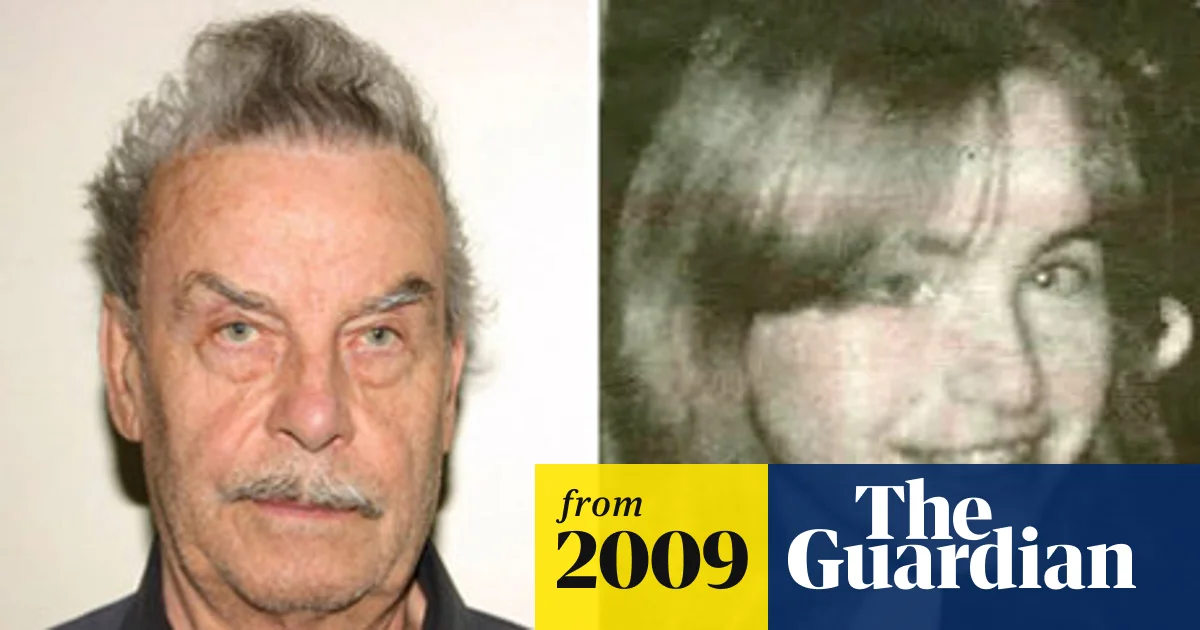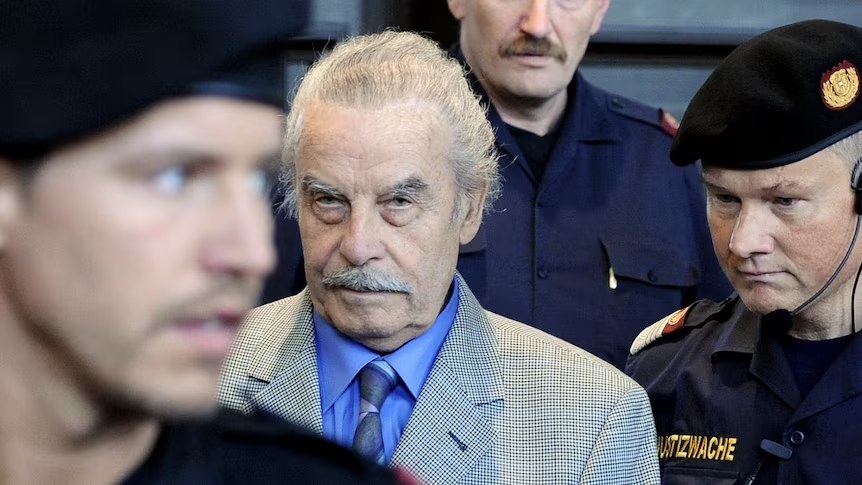Early Life (1935–1950s)
Josef Fritzl was born on April 9, 1935, in Amstetten, Austria.
He grew up in a dysfunctional household and later trained as an electrical engineer. Fritzl married Rosemarie Fritzl in 1956, and together they had seven children.
In 1967, Fritzl was convicted of sexual assault, serving a short prison sentence before returning home. This conviction would later be seen as a warning sign of the horrific crimes he would go on to commit.
Construction of the Cellar (1970s–1980s)
During the late 1970s and early 1980s, Fritzl began constructing and modifying a hidden cellar beneath his home.
He installed:
-
Reinforced walls
-
Heavy soundproofing
-
A remote-controlled electronic door
-
Multiple secret rooms
Only Fritzl knew how to access the bunker.
The Imprisonment of Elisabeth Fritzl (1984)
In August 1984, Fritzl carried out the crime that made global headlines.
He lured his 18-year-old daughter Elisabeth into the cellar, drugged and handcuffed her, and imprisoned her. He told the family that Elisabeth had run away to join a cult, a lie he maintained for decades.
Elisabeth would remain trapped for 24 years.
Life in Captivity (1984–2008)
During her imprisonment, Fritzl:
-
Repeatedly assaulted and controlled her
-
Kept her in cramped, dark, unhealthy conditions
-
Forbade her from escaping or contacting anyone
Over the years, Elisabeth gave birth to seven children:
-
Three grew up with her in the cellar
-
Three were taken upstairs by Fritzl and raised by him and his wife under the pretense that Elisabeth had “left” the babies on their doorstep
-
One died shortly after birth
Fritzl never allowed doctors to see the children raised underground, compounding the trauma and neglect.
Discovery of the Crime (2008)
The case unraveled in April 2008, when one of Elisabeth’s underground children, Kerstin, became severely ill. Fritzl brought her to a hospital, claiming she had been left at his door.
Doctors grew suspicious due to:
-
Kerstin’s malnourished condition
-
Fritzl’s vague explanations
Police initiated an investigation. Eventually, Elisabeth—after Fritzl promised he would never see her again—agreed to speak to authorities and revealed the truth.
After 24 years, she and her surviving children were finally freed.
Arrest and Trial
Josef Fritzl was arrested in April 2008.
In March 2009, he was convicted of:
-
Murder (for the baby who died)
-
Rape
-
Kidnapping
-
Enslavement
-
Incest
-
Coercion
He received a life sentence in a psychiatric institution.
Life After Conviction
Fritzl, now elderly, remains imprisoned at a secure psychiatric facility in Austria.
Elisabeth and her children live under new identities, protected by the state, and have received long-term psychological care.
Legacy
The Fritzl case remains one of the most disturbing and widely discussed crimes in modern history. It led to:
-
Reviews of Austrian child protection laws
-
Greater awareness of long-term captivity cases
-
Public debate about secrecy, family dynamics, and institutional failures
The Fritzl story is considered a global symbol of hidden, long-term abuse and the resilience of survivors.

